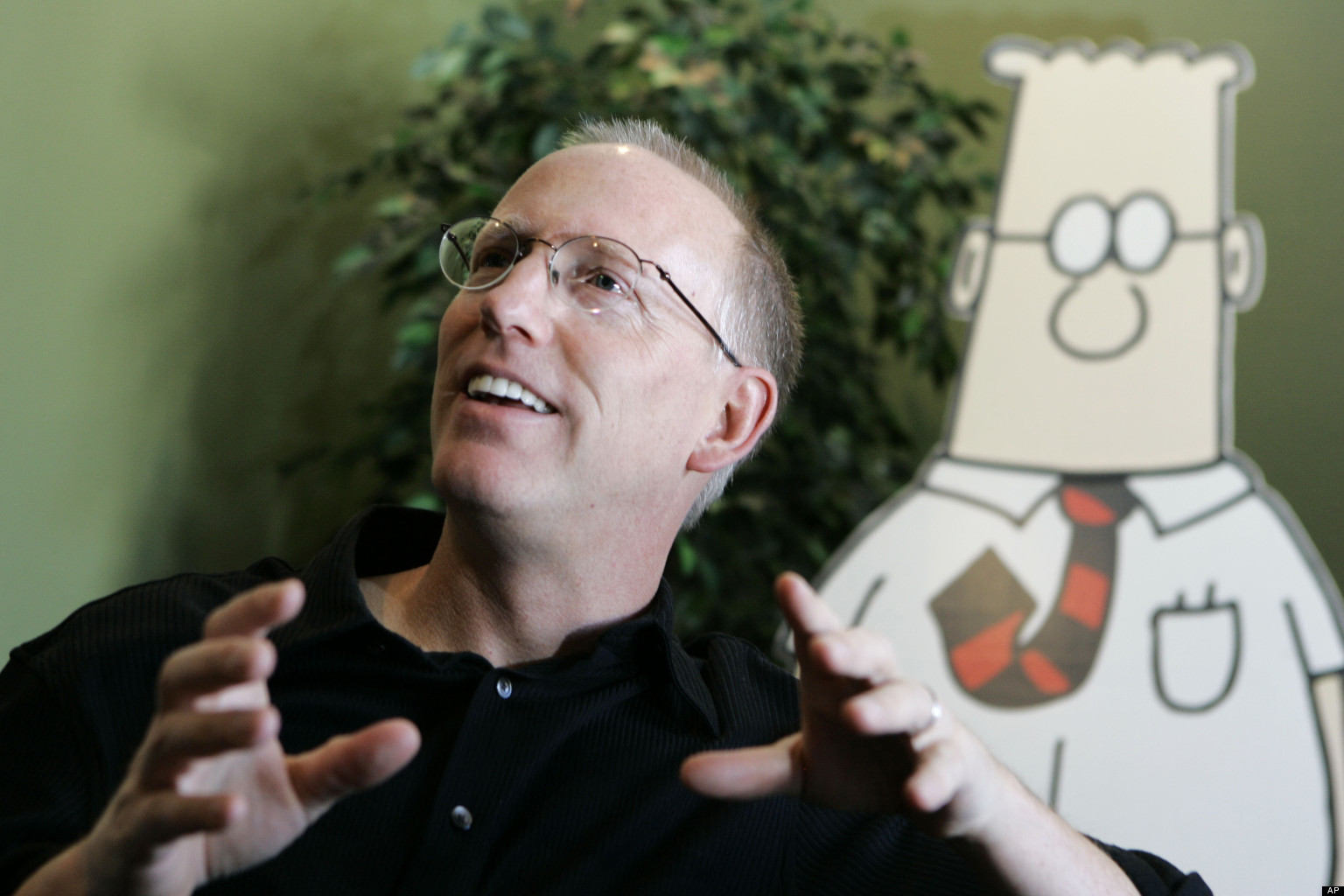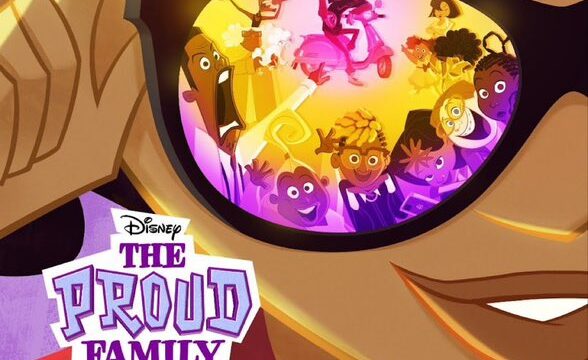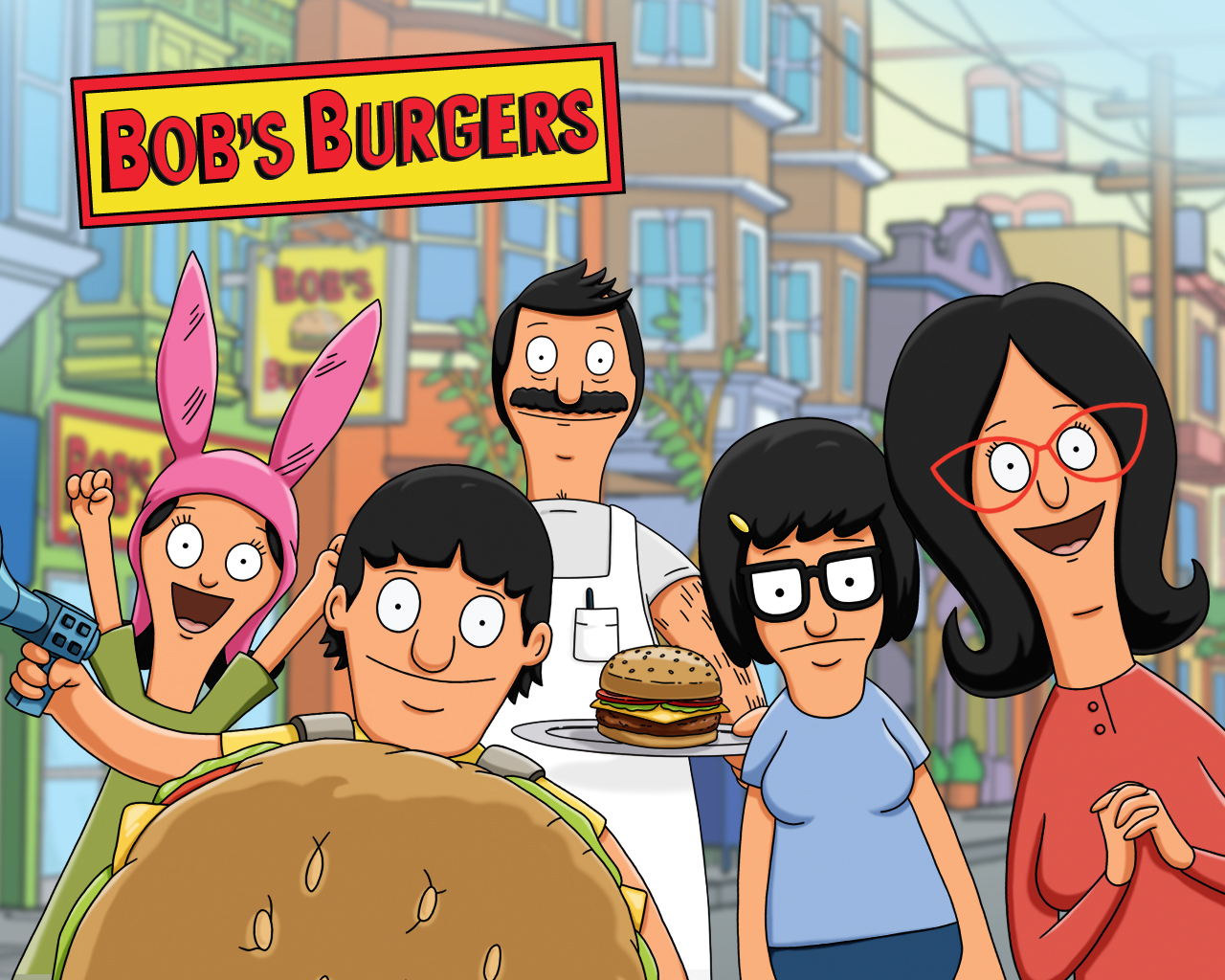Dilbert: All The Fallout From Creator’s Controversial Comments
I actually cannot stand anything with coffee in the title or picture or website or that one site where you can buy someone a coffee (name escapes me). So when I heard that there was controversy on Scott Adams’ vlog Real Coffee with Scott Adams and there’s a big picture of him in every episode with a giant mug of coffee, I couldn’t help but cringe because of the amount of corniness.
Having said all of that, Scott’s syndication of his eponymous cartoon Dilbert took a big hit this last week as multiple outlets have removed the cartoonist’s work after Scott went on a rant following a Rasmussen poll which indicated more than half of black people are not comfortable around white people, thereby signifying to Scott “get the hell away from black people”. As a result of which, hundreds of publications, followed by the strip’s syndicator, Andrews McMeel Syndication, dropped the comic. Adams later announced that Dilbert would be available through the subscription service Locals. Dilbert appears online and as of 2013 was published daily in 2,000 newspapers in 65 countries and 25 languages, so he took quite a hit.
I actually happen to have quite a bit of an understanding with Rasmussen Reports that conservatives don’t seem to understand. Donald Trump used to post these polls all of the time thinking that these polls really get a consensus of American viewpoints…I can tell you they do not. The company is based in Asbury Park, NJ and has been since 2003. I grew up down the street from this office all of my life, and I can tell you there was a lot of years where Asbury Park was the unsafest city to be in, and it wasn’t until the early 2000’s where the city started to come back to life. Right now, the latest census polls an almost dead heat in black population to white population, a 34 percentile followed by a 27 percentile of Hispanic residents, and everyone seems to be pretty happy neighbors anytime you frequent the boardwalk or the beach areas.
At best, the Rasmussen polls are straw polls of 1000 people who subscribe to a local newspaper called the Asbury Park Press, a Gannett publication, largely read in conservative areas of Monmouth/Ocean County NJ, a far cry from the huge influence conservatives think this publication really has. Scott doesn’t understand this, and even still misinterpreted the aforementioned poll as black people putting together a hate group, which is silly/small-minded thinking.
I’m not so sure Dilbert should be the casualty here, as the comic itself has never really featured racist sentiment. The animated series still has one of the best adaptations derived from newspaper clippings so I do have to classify this as a case of cancel culture by way of the syndication networks that Scott worked with. Is what Scott said ridiculous? Sure. But, Dilbert didn’t say it, the creator did. It should be noted that Aaron McGruder, legendary creator for The Boondocks, once gave a keynote address whereby he popularized a conspiracy theory accusing George W. Bush as being a co-conspirator to the 9/11 terrorist attacks. Just as silly of a ridiculous statement as Scott has said, and yet, Aaron’s strip is still syndicated everywhere, and I’m still begging for new episodes of The Boondocks to happen. Is Elon Musk correct to assume that some publications MIGHT be racist against white people? Perhaps. Just as there is a lot of evidence to assume that there are definitely publications that have shown racist tendencies against black people (Rasmussen used to always score Obama’s approval ratings VERY low no matter what he did).
The definition of cancel culture, is someone losing their job despite not doing anything wrong. For my money, Scott Adams may have said some dumb shit, protected under the 1st Amendment that the aforementioned newspapers are supposed to abide by mind you, but canceling Dilbert to the dismay of thousands of fans across the country is the wrong way to go about it. The lead character is an important cog to a lot of office workers’ work day that helps them get through a rather redundant office life, he’s a far more important character than what the papers give him credit for.

























"There are also other characters that come and go (also owned by the Warner Bros. Discovery conglomerate media company)."
Huh. Is that just referring to other characters from the show itself, or is this implying that the new season is going to have cameos from other WBD IPs